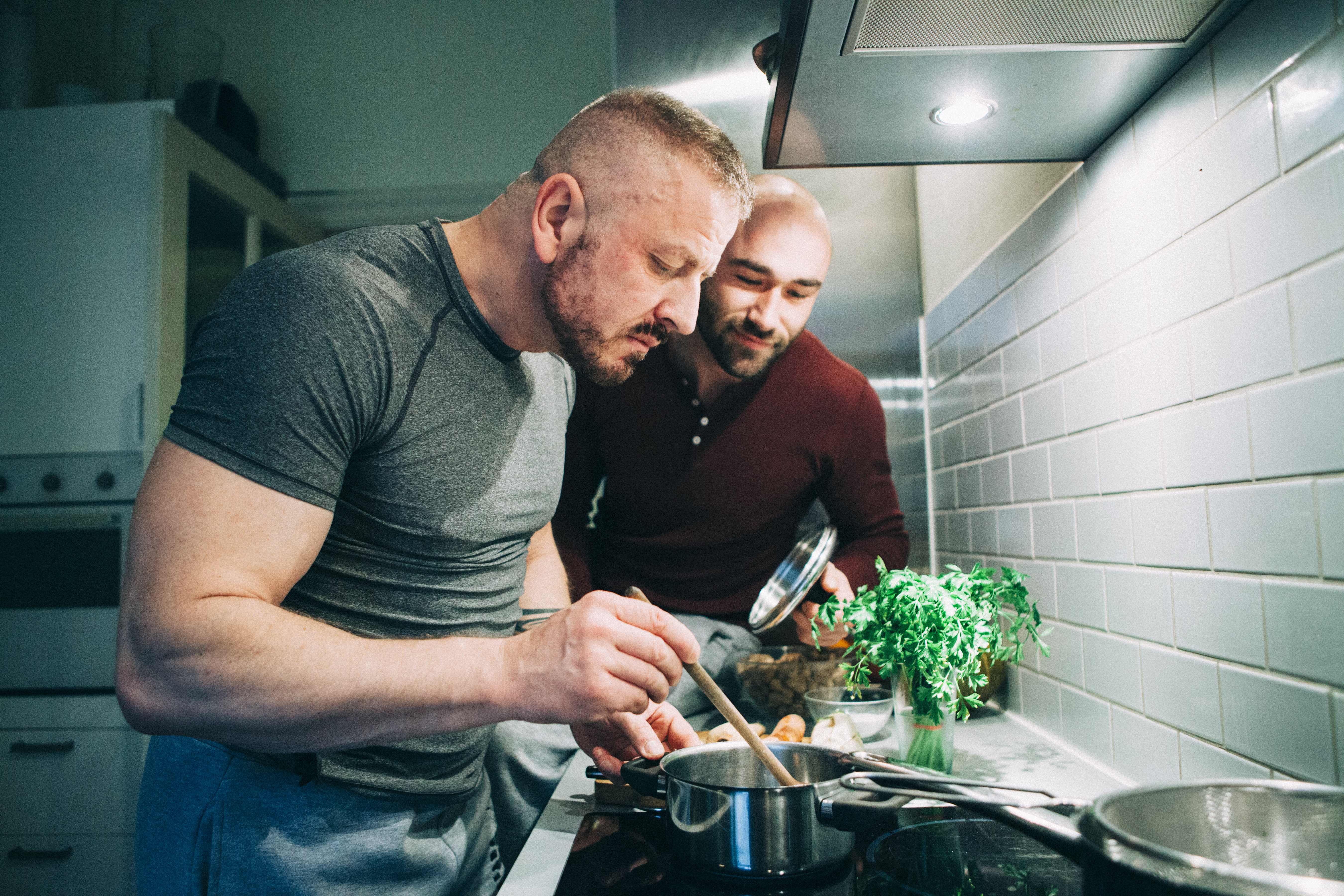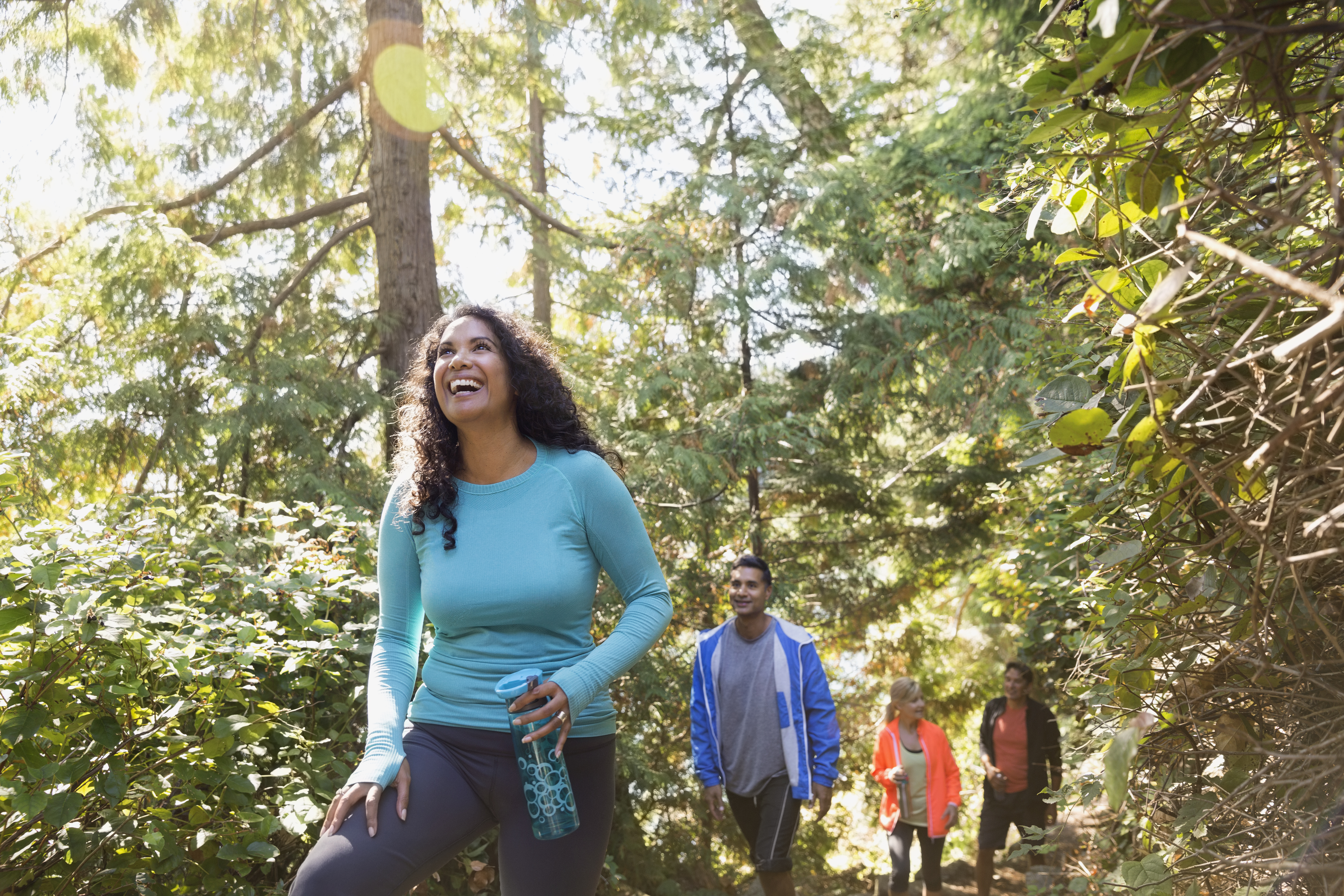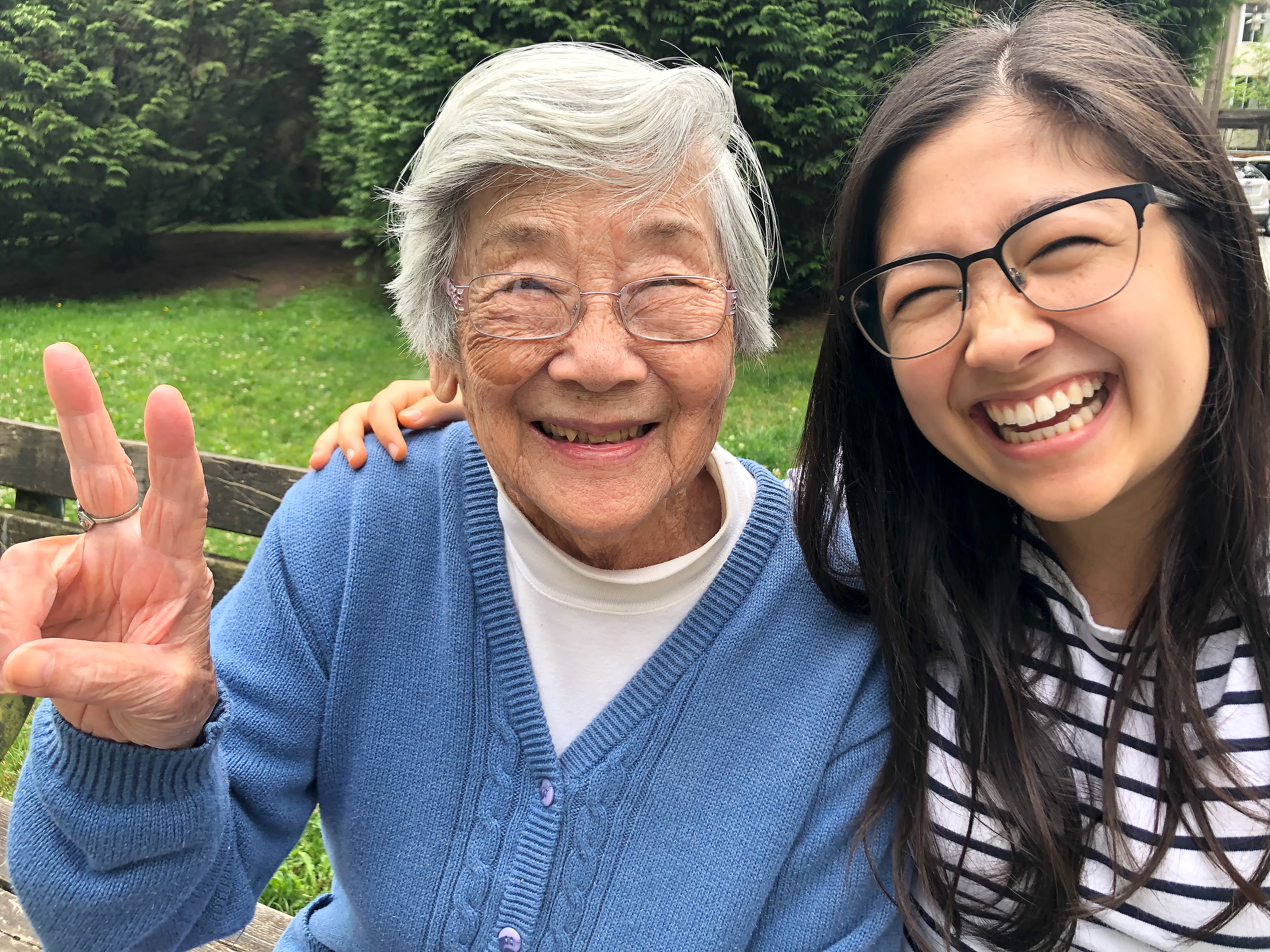AARP Hearing Center

After 15 months of being out of synch with our normal routines, worrying, stressing, sitting too long, screens, and comfort eating, many Iowans are ready to shake off the pandemic and reclaim a more healthy lifestyle. To help, AARP Iowa reached out to Iowa specialists to get their expert advice on ways we can reclaim healthy habits.
“Many of us would like to say goodbye to our pandemic personality and COVID couch cushions, I know I would,” said Brad Anderson, AARP Iowa State Director. “As the world starts to open up and look normal, Iowans can seize the opportunity to make a fresh start. Whether it’s as simple as drinking more water or re-engaging with your doctor to catch up on wellness checks, we can all take some steps towards a healthier lifestyle.”
Our Iowa specialists addressed, body and mind wellbeing through meditation and nutrition. They shared reminders about getting back to regular preventative care appointments. And many more tips to help reclaim healthy habits and live longer, better and stronger.*
9 Tips for Reclaiming Healthy Habits:
- Spend less time sitting. Even light-intensity activity can offset some of the risks of being sedentary. - FRANKLIN
- Ease slowly back into socializing with one-on-one and in small groups with vaccinated family and friends. - HUPPERT
- Spend more time outdoors. Take in the scents, sounds, and visuals of nature. These activities can lift your spirits and help put you in a better mood. - BUCK
- Set down the screen. During the pandemic, we relied more on screens for indoor entertainment, to keep in touch with loved ones, and to connect to services. Replace excess screen time with outdoor activities, face-to-face interactions, or other screen-free hobbies. - HABERL
- Drink more water. Water provides a low-cost, zero-calorie beverage option and is a healthy alternative to sugary drinks. Drinking water also helps prevent dry mouth and helps to ward off tooth decay. - HABERL
- Re-engage with your primary care provider. Evaluate any missed annual wellness visits or preventative services (i.e., screenings, vaccinations, and health advice). - BUCK
- Social isolation is being called “the new smoking” for its link with poor health outcomes in older adults. Re-engage with community groups and faith communities while following national recommendations. - BUCK
- Stretch your body. Mobility exercises like stretching can help reduce pain and improve range of motion. When we ache less, we have more desire and energy to do the things we love. – VAN HEUKELOM
- Mix up your menu by changing it up. Make a list and try to use twenty-five different foods. – ADAMS-TOMKA
Read on for the full list of tips from each of our specialists.
Nutrition Tips, Teresa Adams-Tomka, Chef
Healthcare Reminders, Harleah Buck, University of Iowa College of Nursing
Healthy Hearts, Wesley Franklin, American Heart Association - Des Moines
Healthy Communities, Jami Haberl, Healthiest State Initiative
Mental Health Reminders, Peggy Huppert, The National Alliance on Mental Illness - Iowa, Inc.
Body and Mind Well-being, Mary Van Heukelom, Above and Beyond Cancer
Click here for full bios of our Iowa specialists.
Nutrition Tips:

1. Food is to be used for strength, not stress.
2. Try to eat a rainbow of foods in your meals, green avocados, yellow omelets, pickled red onions, pomegranate seeds, cashews, walnuts, spinach, arugula, and green, yellow, red, purple peppers, etc.
3. In the Midwest, the growing season is upon us. Each week freeze extra of what is most abundant in gardens or the farmer's markets. Greens and fruits come fast and furious. Blanche, freeze, or make pestos with the greens. Fruits can be flash-frozen in sheet pans to maintain the shape of raspberries, blueberries, cherries, currants or make into jams. These can be used later on toast or in your yogurt. Delicious year round but especially in Winter.
4. Try to mix up your menu by changing it up. Make a list and try to use twenty-five different foods (remember the rainbow!) Examples to use each week, mix in herbs ( basil, thyme, chives, tarragon, or rosemary) aromatics ( onions, garlic, ginger) sauté in a pan prior to adding your protein to the pan. Spices should be added in at that point too. The food you eat will be delicious AND bring you strength.
- Tips Provided by Teresa Adams-Tomka, Chef, Owner, Kitchen Collage Des Moines
Back to Top
Healthcare Reminders:

1. Evaluate any missed annual wellness visits or preventative services (i.e., screenings, vaccinations, and health advice) and re-engage with your primary care provider.
2. Focus on maintaining healthy eating habits now that you can return to restaurants. Remember to watch the portions of vegetables and fruits, followed by grains, dairy, proteins, and oil when looking at the menu.
3. Keeping active is essential to your health. Engage in whatever movement or activity you can inside and outside your home.
4. Spend more time outdoors. Take in the scents, sounds, and visuals of nature. These activities can lift your spirits and help put you in a better mood.
5. Re-engage with community groups and faith communities while following national recommendations. Social isolation is being called “the new smoking” for its link with poor health outcomes in older adults.
- Tips by Harleah Buck, Co-Director of the Csomay Center for Gerontological Excellence, University of Iowa College of Nursing
Back to Top
Healthy Hearts:

1. Get at least 150 minutes per week of moderate-intensity aerobic activity or 75 minutes per week of vigorous aerobic activity, or a combination of both preferably spread throughout the week.
2. Add moderate- to high-intensity muscle-strengthening activity (such as resistance or weights) on at least 2 days per week.
3. Spend less time sitting. Even light-intensity activity can offset some of the risks of being sedentary.
- Tips provided by Wesley Franklin, Community Impact Director, American Heart Association-Des Moines
Back to Top
Healthy Communities:

1. Aim to eat 5 servings of fruits and vegetables every day. High daily intakes of fruits and vegetables among adults are associated with lower rates of chronic diseases. Add more color to your meals by trying to make half of your plate fruits and vegetables.
2. Get outside and walk. The key to maintaining mobility as you age is a regular activity. Walking is one of the most accessible forms of exercise and can help support your joints, tone muscles and lighten your mood.
3. Drink more water. Water provides a low-cost, zero-calorie beverage option and is a healthy alternative to sugary drinks. Drinking water also helps prevent dry mouth and helps to ward off tooth decay.
4. Set down the screen. During the pandemic, we relied more on screens for indoor entertainment, to keep in touch with loved ones, and to connect to services. Replace excess screen time with outdoor activities, face-to-face interactions, or other screen-free hobbies.
5. Check-in with friends. The pandemic has had a long-lasting mental impact on all of us. Check-in with friends, neighbors, and family members to see how they are doing. Ask questions like “What can I do to support you?” or “How are you doing today?”
- Tips provided by Jami Haberl, Executive Director, Healthiest State Initiative
Back to Top
Mental Health Reminders:

1. Ease slowly back into socializing with one-on-one and in small groups with vaccinated family and friends
2. Discuss as a family and/or “quaranteam” each person’s comfort level and boundaries when agreeing to socialize in person again
3. Know that experiencing anxiety about socializing again after being vaccinated is normal. If the anxiety becomes too overwhelming, reach out to your provider or a mental health professional to discuss your concerns.
4. Give yourself time to adjust to the “new normal” and reflect on what’s most important to you when re-entering back into everyday life
5. Reflect on what self-care means to you and find ways to integrating self-care and socializing together, such as walking outside or engaging in outdoor activities with friends and family
- Tips provided by Peggy Huppert, Executive Director, National Association on Mental Illness, Iowa Chapter
Back to Top
Body and Mind Well-being:

1. Strengthen Muscles and Bones: Pick 4 moves you can commit to doing 2-3 times a week. For Example: Chair Squats, Standing Wall PushUps, Bicep Curls, and Arm Raises. Use light weights starting out, or cans of soup. Weight resistance training helps slow down the aging process because it builds muscle mass and bone density and can help shed body fat. Bonus: Facetime family or a friend and do the exercises together, do them outside or join a program at your local YMCA.
2. Walk Outside: prioritize your schedule to walk a minimum of 15 minutes daily outside. Being outdoors is a great boost to our physical and mental health, it can help with anxiety, depression, and it’s a safe way to re- connect with others. As your consistent routine develops you will notice an increase in strength, endurance, and energy and an internal desire to walk longer. All of this will boost your overall health and well being. Bonus: Invite someone to join you or mix it up and explore parks and other neighborhoods and tap into your inner adventurer.
3. Stretch: Mobility exercises help reduce pain and improve range of motion. When we ache less, we have more desire and energy to do the things we love. If you have chronic pain, work with a physical therapist first. Pick five key stretches that you can do in the morning or before bed. Bonus: find a local yoga class or join a virtual yoga program.
4. Breathe: Practice the 4-7-8 breath. Close your mouth and inhale quietly through your nose to a mental count of 4. Hold your breath for a count of 7 and then exhale completely through your mouth for a count of 8. Diaphragmatic breathing lowers; heart rate, blood pressure, stress, and muscle tension. Bonus: download a meditation app like Insight Timer or join a meditation virtual or on-line class.
If you need more assistance implementing new healthy habits or expiring poor habits consider working with a wellness coach or personal trainer. Above and Beyond Cancer offers complimentary Wellness Coaching and leads many outdoor and virtual programs for the Community.
- Tips provided by Mary Van Heukelom, Program Director, Above and Beyond Cancer
Back to Top
*You should consult your physician or other health care professional before starting any new fitness program or instituting any diet changes to determine if it is right for your needs.































































